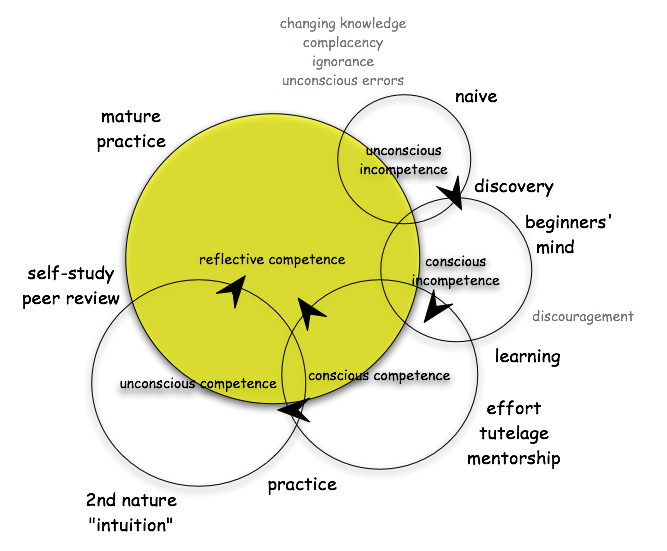Three weeks back, I was facilitating a training, where we had just completed a module on capturing attention of the audience by way of brief and captivating personal stories. In the debrief, a challenge that was expressed by some participants was that they are no good at thinking of and telling stories. I did not want to disagree with them or persuade them otherwise. Instead, I got the group together in a circle and I said I’ll start by saying one or two words and we continue clock wise with each participant adding one of two words that link and make sense, till we build a meaningful story. Initially, some participants took a little longer than others. In the second round it got more interesting and quicker and we built a fun and captivating story at the end of 5 minutes. Five minutes is all it took to build a story and a conversation. The conversation flowed, creativity was at its best and the participants who were skeptical of their story telling skills at the outset, realized that they were unnecessarily giving in to their inner fears. There were smiles, positivity and a rise in energy at the end of this activity.
A month ago, I got an email through my website. I normally do not click open these random emails. This time, I clicked open only because the name of this person was the same as that of one of my school friends. When I opened this email, lo and behold, it was her. After 25+ years she had found me. We connected and chatted for almost an hour. It seemed we hadn’t lost contact. There were no inhibitions, no judgment and a conversation that just flowed.
How many times have been in conversations that felt like the two above?
How many times have we felt inspired by the conversation where the words and ideas are flowing like a painter painting with inspiration on his canvas.
What is the secret to such Good Conversations ?
1.Be Genuinely Interested In The Other Person
How have you felt when someone talks endlessly about themselves, their achievements, whom they know ?Boring.. and maybe you want to run away.
One of Dale Carnegie’s principles of Building Rapport with others is to “
In his book “How To Win Friends and Influence People“, one of the examples he gives is when he met a distinguished botanist at a dinner party and the conversation that flowed thereafter. Dale Carnegie had never met a botanist before and found meeting the botanist fascinating. He, during the entire conversation with the botanist listened to the botanist. On his way out, the botanist was singing praises about Dale Carnegie to the host of the dinner party and called him a good conversationalist.
Dale Carnegie had listened and listened intently and he did so because he was genuinely interested.
Best conversations begin by showing genuine interest in other people, their world and what interests them.
2.Listening To Connect
Most of today’s conversations miss the mark because people are so involved in their smart phone that they don’t listen to understand. They do not even hear, forget about listening.
Even when listening happens, people are listening to react and respond.
If we don’t feel good when we are not listened to, why would we want to not listen to someone else? Listen, Listen, Listen and there is no short cut to this .
Throw yourself a challenge and listen actively to at least 5 conversations that you have per day, for the next 15 days. What did you experience? Feel free to share the experience.
3.Ask Questions To Engage
. Ask open ended questions and listen to the answers to engage in a good conversation. Probing and deep dive questions should be avoided if you are meeting the person for the first time or haven’t yet built a rapport. In fact, if you are genuinely interested in the person and the conversation, it is not difficult to ask relevant questions.
Questions are a great way to have a great conversation and be engaging, as long as they are relevant and appropriate.
4.Add Value
In any conversation, especially business conversations, always look for opportunities to add value.
Asking questions, listening and observing are some ways to add value to the conversation. Where possible lend a helping hand.
5.Meaningful Connection
Reach out to people in meaningful ways and have an open mind about building rapport when you meet somebody for the first time. Good conversations are those where a meaningful connection is made irrespective of when and with whom you connect. Be aware about time and the space where you have these conversations. Time pressure and lack of distraction free space may mar conversations, even before it starts.
What are some of the characteristics of a conversation you would call good? Please feel free to add that in the comments box.
If the way you communicate is standing in between where you are and where you desire to be in terms of achieving our goals, consult me either for one-on-one coaching, group coaching , facilitation, training or to be a key note speaker.










